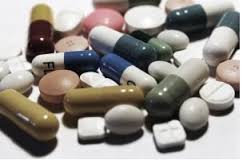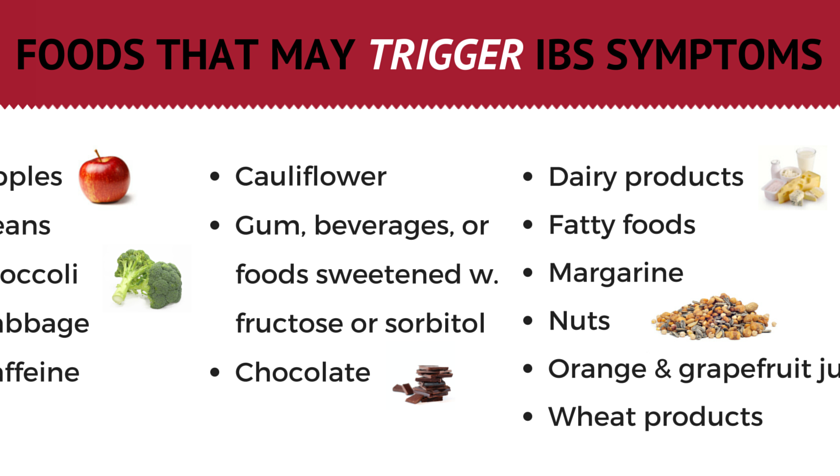For the first time J&K Government would carry out a survey to find prevalence of substance abuse in Kashmir as increasing number of addicts are turning up at hospitals for treatment.
Divisional Commissioner Kashmir Dr Asgar Samoon said the Government is “formulating a strategy” to undertake the maiden study.
“We don’t have any reliable and latest data, although some studies have been carried out in past. First, we need to see how big the problem is and then accordingly the Government will frame its response,” said Samoon.
Sources said the survey would be started from Srinagar and later extended to other districts of the Valley.
While medicos have been reiterating that substance abuse was rampant in Kashmir, there has been however no in-depth study carried by the Government to ascertain the extent of menace, which is posing a threat to younger generation.
The ongoing turmoil, stress, family issues, peer pressures and relationship problems have been identified among the causes for increase in the drug abuse.
“The Government is mulling to engage a third party for the survey to get exact data about magnitude of the problem,” said an official.
Dr Arshad Hussain, a renowned psychiatrist, said the survey was a must to find prevalence of drug abuse.
“It will give us an objective idea about the problem and will also tell us about the type of substances that are being abused,” said Dr Arshid. “There are enough indicators about high prevalence of substance abuse in the community.”
Dr Arshid opined that the Psychiatry Department at Government Medical College (GMC) Srinagar should be entrusted the study saying the Department has the required expertise and manpower.
He said the Psychiatry Department recently completed an epidemiological study about substance abuse.
The official said the study has become a necessity as increasing number of cases including females and school going children were being reported in Srinagar hospitals, an indication about rise in the problem.
The authorities, the official said, were mulling to bring Valley colleges and schools under the ambit of the study.
From April to December 2015, the Government Psychiatry Disease Hospital Rainawari and the Psychiatry Department of the SMHS Hospital admitted over 800 patients with a history of drug abuse.
“Of these patients, 213 were ‘severe’ drug addicts with violent and disruptive behavior,” said Dr Zaid Wani, Associate Professor in the Psychiatry Department of SMHS hospital.
Among those admitted for the treatment at SMHS were four female patients.
“It was for the first time that we admitted female drug addicts in SHMS though such cases are usually reported at the Psychiatry hospital,” said an associate professor at the Psychiatry Department of the SMHS.
What has been the cause of worry is that over 80 percent of drug addicts, both male and female, who visit hospitals for treatment, belong to the age group of 18 to 35.
Psychiatrists have also attributed rise in abuse of prescription drugs in Kashmir due to overprescribing of psychoactive drugs, over-the-counter availability and abuse of opiod pain killers.
They said several opioid drugs like spasmo-proxyvon were being pumped into Kashmir through black market, accusing the government of looking other way.
Spasmo-proxyvon and other opiate-based drugs are often first step toward addiction in Kashmir according to doctors and their easy availability in the black market has sent alarm bells ringing.
A doctor said following the counseling of the substance abusers they found that their date with the drugs would start with spasmo-proxyvon.
“They (drug addicts) would tell that they would easily get the drug (spasmo-proxyvon) in the black market,” said a doctor. “This is the growing worry as it indicates lack of regulation of the drugs that are being pumped into the Kashmir.”
After developing addiction to opiates like spasmo-proxyvon these drug addicts then shift to taking psychotropic drugs and drugs like Charas, brown-sugar, cocaine.
In rural areas cannabis has been found to be the most commonly used substance owing to the lack of enforcement of anti-drug laws. Fluids, ink-erasers and fevicol, shoe polish, inhalants are other substances abused owing to their easy availability in the market.
“We are using multi prong strategy and community based approach wherein civil society, directorate of School Education, Police Narcotics and Customs department will be involved to check the menace,” said the Divisional Commissioner.
The Government has already directed Deputy Commissioners of Kashmir division to set up drug de-addiction centers in their respective districts, in cooperation with the Health Department.






